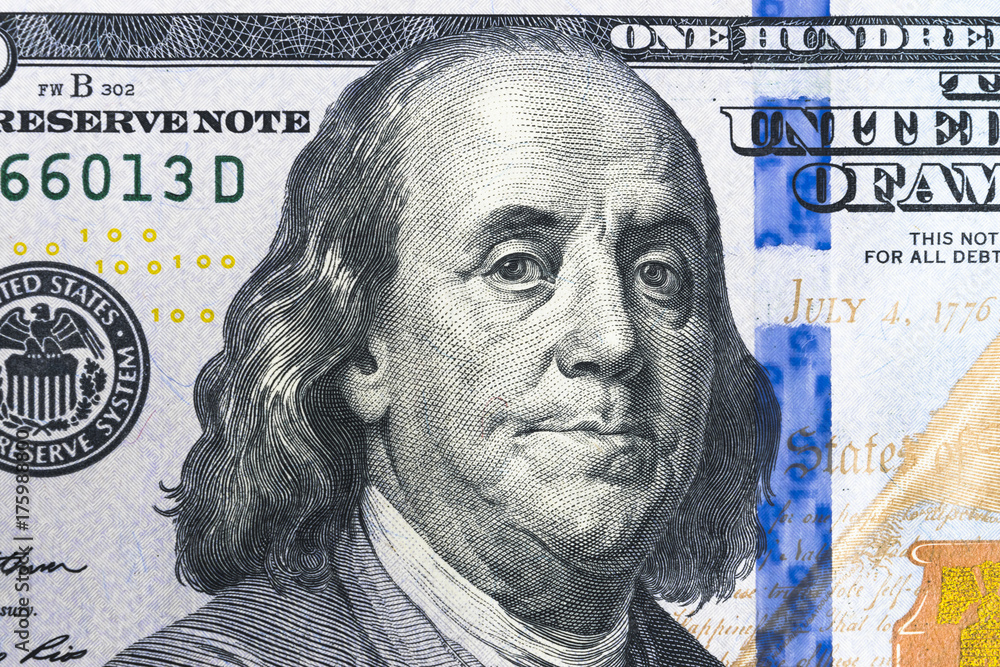HSBC, a top multinational bank, has projected the longevity of the US dollar as the world’s reserve currency. The prediction precedes a time when the BRICS alliance is looking to unseat the US dollar from its global reserve currency position.
It’s expected that numerous sectors in the United States would be impacted if BRICS decided to abandon the US dollar for trade. There continues to be a significant threat to the US dollar from local currencies, as developing nations have their sights set on the blue-greenback.
In the debate over the future of the US dollar, HSBC Securities Chief Commodities Analyst, James Steel, is bullish. Despite challenges presented by BRICS, Steel is confident that the US dollar will hold its ground. In an interview with Bloomberg, he explained that apart from a minor bump in reserves, the US dollar has seen no significant challenges. Notably, BRICS and other developing nations’ central banks have been divesting US dollars and broadening their reserves.
In reaction to the US imposing sanctions on BRICS member Russia for invading Ukraine, central banks have been amassing sizable amounts of gold since 2022. Despite such moves, Steel dismissed any significant impact on the US dollar’s future and assured that the currency would remain dominant even after twenty years.
He stated, “We don’t believe that there’s going to be any loss of sovereignty for the U.S. dollar as far as the world’s reserve currency goes, for the next 10, 20 years, as far as we can see, for reasons that would take an entire program, you and I could talk about it.”
HSBC concludes that the US dollar will continue to be the default currency, even after two to three decades. The aim of BRICS to remove the dollar’s significance worldwide could face defeat, seeing that local currencies stand little chance of outcompeting the US dollar.
